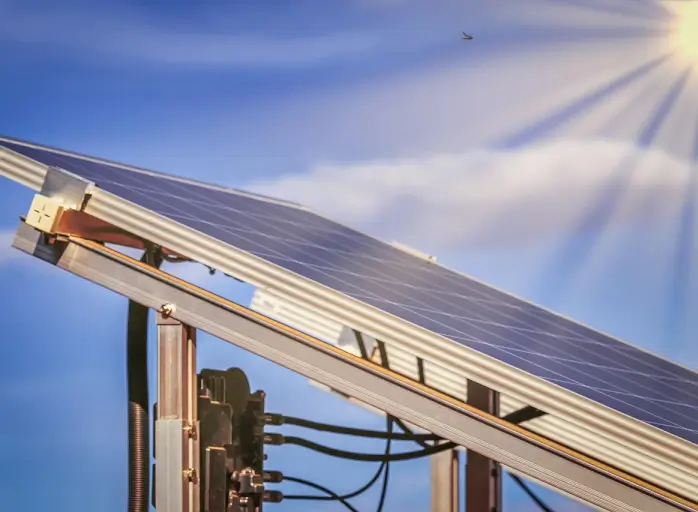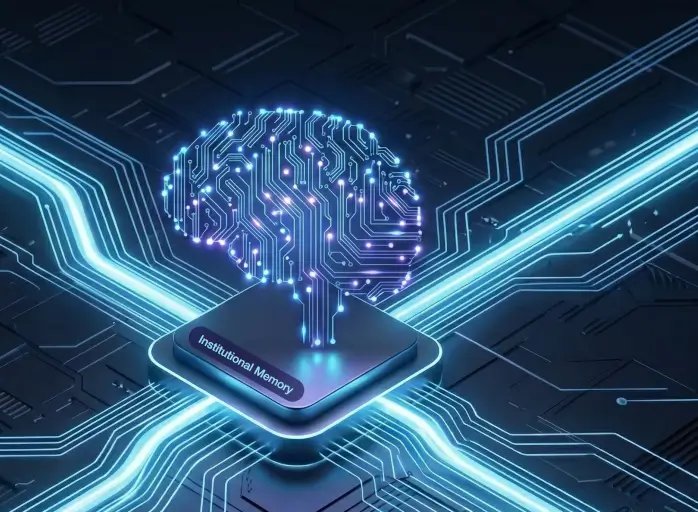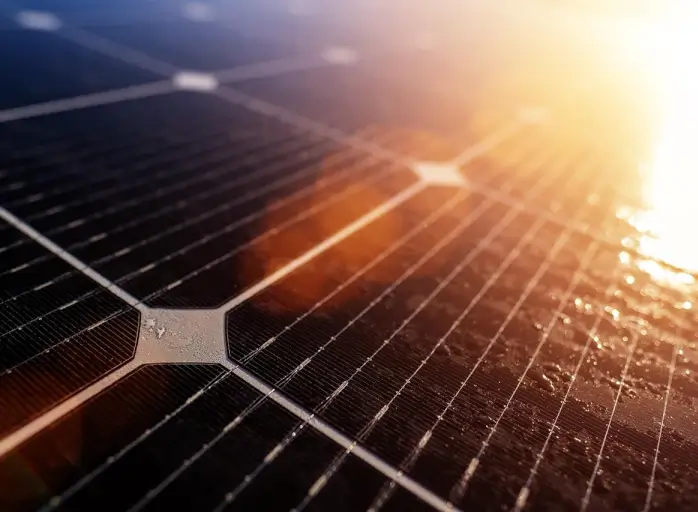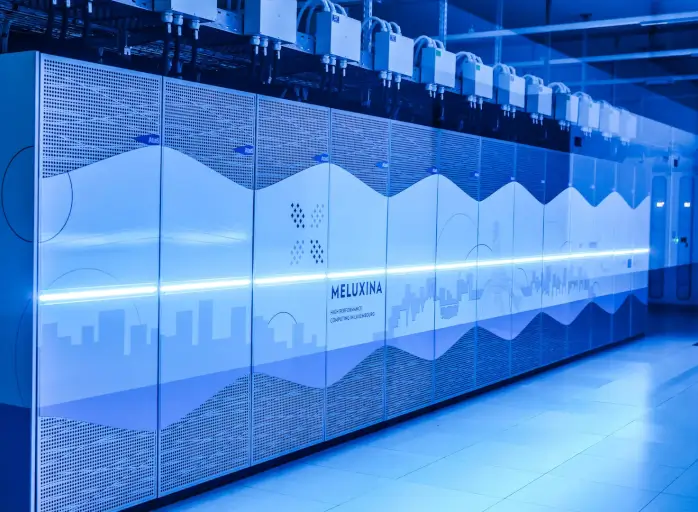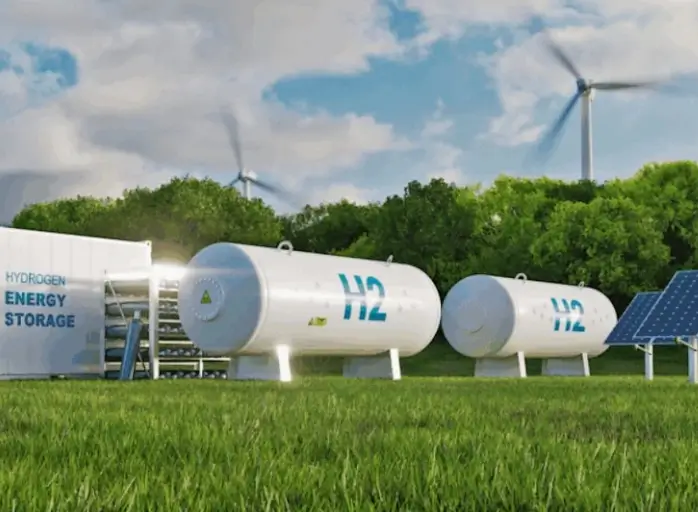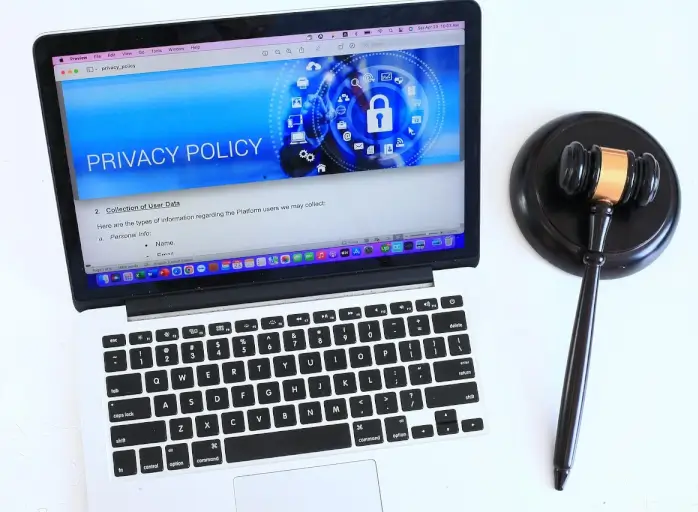

“We are lucky to have Luxinnovation’s support”
Since its creation in 2017, SolarCleano has developed an impressive range of remotely guided and autonomous solar panel cleaning robots. Conducting all its R&D activities in-house, the highly innovative company has worked with Luxinnovation’s support to find funding for consecutive R&D projects, get in contact with new partners and suppliers, and implement new IT tools through the agency’s Fit 4 Digital programme.
 Lena Mårtensson
Lena Mårtensson
 The solar energy market is expanding rapidly: experts estimate the global market growth over the coming years to be above 30%. This also means an increasing demand for high-performance products aimed at maintaining solar panels, such as the cleaning robots developed by SolarCleano. “I was working for our family company Fallprotec, which specialises in bespoke height safety equipment and safe access systems, when one of our clients came with a request to find a way of cleaning solar panels more efficiently,” recalls SolarCleano CEO Christophe Timmermans. “The market was still at a very early stage and most cleaning devices available were very manual and labour-intensive. We decided to look into a robotic solution.”
The solar energy market is expanding rapidly: experts estimate the global market growth over the coming years to be above 30%. This also means an increasing demand for high-performance products aimed at maintaining solar panels, such as the cleaning robots developed by SolarCleano. “I was working for our family company Fallprotec, which specialises in bespoke height safety equipment and safe access systems, when one of our clients came with a request to find a way of cleaning solar panels more efficiently,” recalls SolarCleano CEO Christophe Timmermans. “The market was still at a very early stage and most cleaning devices available were very manual and labour-intensive. We decided to look into a robotic solution.”
Benefitting from its in-house skills in engineering, engines and control systems, the Fallprotec team developed a first prototype in 2017. Six months later, following a swift R&D process, the first unit was delivered to a client and SolarCleano was born. During its first year, the company delivered 20 robots. “The financial return was of course still modest, but this enabled us to start employing people and make the company grow.”
Consecutive R&D projects
The cooperation with Luxinnovation started from the very beginning. “Our first robot was developed with support from an innovation subsidy from the Ministry of the Economy that Luxinnovation helped us apply for,” Mr Timmermans says. “Our initial product was successful from day 1 and enabled us to gain a lot of skills and capabilities as well as a thorough understanding of market requirements. This fed our innovation spirit and led us to develop further robots. Since then, we have in principle developed one new robot per year.”
The company’s product portfolio now includes an ultra-lightweight mini robot as well as the world’s first free-moving autonomous water-less solar panel cleaning robot. Its latest addition is a 6-metre industrial-size robot optimised for cleaning extensive solar farms. “While our first robots were guided by remote control, our autonomous models are powered with state-of-the-art global navigation satellite system (GNSS) technology that until very recently, only high-end military products could afford to integrate. Luxinnovation has helped us apply for several consecutive R&D subsidies that have fuelled our development efforts. This means that we constantly gain new know-how to keep ahead of the competition.”
The third-party eye provided by the Luxinnovation team and their input regarding what needs to be clarified and analysed more in depth is a great added value.
Mr Timmermans finds Luxinnovation’s review of the grant applications very useful. “As an entrepreneur I’m very focused on our specific ecosystem and rarely take a step back to look at the broader picture of our development, which is what you need to do when applying for grants. You have to think about your entire business model, your value proposition and the resources you need. The third-party eye provided by the Luxinnovation team and their input regarding what needs to be clarified and analysed more in depth is a great added value.”
Building an organisation for growth
The young and strongly R&D-oriented SolarCleano team today counts around 20 staff, and Mr Timmermans expects the figure to reach 30 by the end of 2023. “During the first quarter of 2023, we had a growth rate of 130%. We assembly the robots in-house in Luxembourg and export to clients located everywhere from Japan to Hawaii. 90% of our maintenance work is done remotely and handled by our team here in Luxembourg.”
We assembly the robots in-house in Luxembourg and export to clients located everywhere from Japan to Hawaii.
To make the company scalable from the start, Mr Timmermans made it a priority to implement efficient IT systems. SolarCleano participated in the Fit 4 Digital programme run by Luxinnovation to optimise the adoption of an ERP (enterprise resource planning) tool. “Luxinnovation has also helped us get in touch with other companies that are interesting for our business and connected us with suppliers. As the team works with a great number of Luxembourg companies, they have an excellent network that is very valuable for us.”
Towards data-based solar panel cleaning solutions
As order volumes are growing, a major focus of SolarCleano right now is to industrialise its production further. “With our latest robot that is scaled for huge solar parks, we are stepping into the league of big industrial machines,” Mr Timmermans points out. “We are also moving towards a new business model as a service provider rather than a hardware seller. We will no longer need local operators for our autonomous solar panel robots but will be able sell service contracts to monitor and manage entire fleets in India, Saudi Arabia, Brazil and so on from our control centre in Luxembourg.”
I’m pretty sure that we are much better served in Luxembourg than we would be in any other country.
His team is also looking into how to develop additional, data-based services. “Our robots clean millions of solar panels every week. By implementing new features such as cameras and sensors, we can develop predictive maintenance solutions based on artificial intelligence. In the future, we will be able to notify our clients as soon as any of their panels have defects that need to be addressed. Today, they will only be able to react once the defects have a significant impact on the energy production, and then send out an operative to manually identify the faulting panels in one string, which could take a significant amount of time. Our future solution will help them considerably improve their production.”
There is no doubt that the future of the company is in Luxembourg. “We are lucky to have the support from Luxinnovation and from the Ministry of the Economy. The type of subsidies that we have received are based on EU standards, but I’m pretty sure that we are much better served in Luxembourg than we would be in any other country,” Mr Timmermans concludes.
Photo credits: SolarCleano, Luxinnovation


